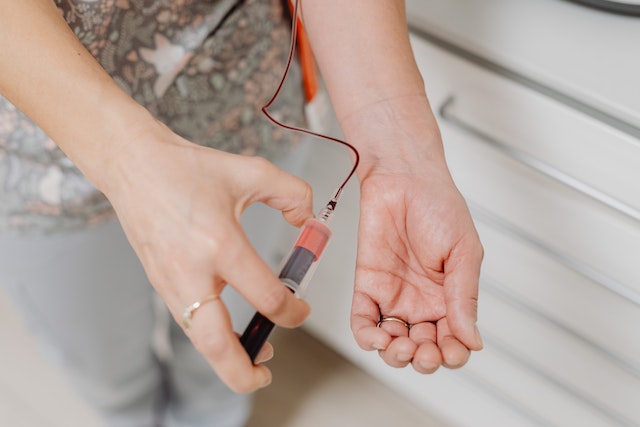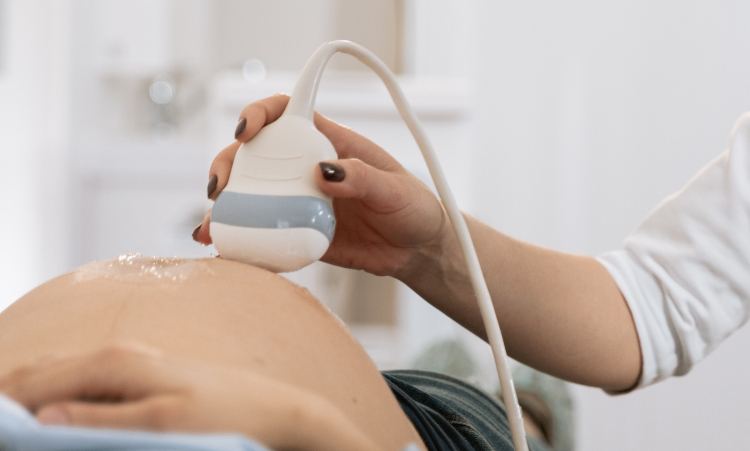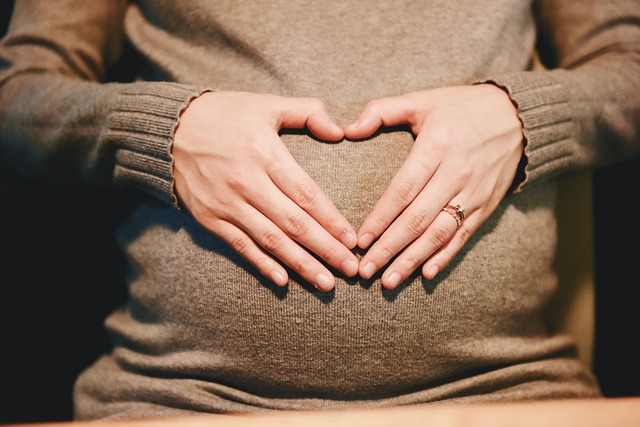
Finding out the gender of your baby is an exciting moment, and in recent years, having a gender reveal party to announce the sex of your baby has become increasingly popular. If you’re expecting and are looking for unique and exciting ways to announce the sex of your baby, you’re in the right place!
More...
The best time for NIPT (Non-Invasive Prenatal Testing) is 10 weeks into your pregnancy. If you are planning to have a NIPT test, it's best do it as soon as possible after you've passed the 10-week mark.

NIPT (Non-Invasive Prenatal Testing) is a screening test that aims to determine whether an unborn baby has chromosomal abnormalities that are likely to result in genetic conditions like Down's syndrome, Edwards' syndrome or Patau's syndrome.
More...

An ultrasound scan is a medical procedure that’s used to examine unborn babies while they’re still in the womb.
More...

Food cravings are something that almost every pregnant woman will experience. From takeaways to sweets to dairy products, there will always be something that they need to satisfy a sudden urge.
More...

If you're pregnant and you're looking for great deals on private baby scans, we at First Encounters Ultrasound have several offers that may appeal to you. All of these pregnancy scans are performed by qualified sonographers at our warm and welcoming ultrasound clinic in Cardiff.
Our current baby scan offers are listed below—we often update this page with new deals and discounts, so be sure to check back regularly!
More...

There are lots of early pregnancy symptoms and signs that could indicate that you are pregnant. Bear in mind that pregnancy symptoms are not the same for each woman or each pregnancy, but we hope this article can help you to confirm anything that you may be experiencing!
More...
